Planet will awake to a shared dawn chorus
| Starting at dawn on 2 May in London, the world can listen to the day breaking as a live broadcast tracks the sound of sunrise around the world. Twenty-four hours later, Tony Whitehead, a sound artist from Totnes in Devon, will record the final broadcast from nearby Dartington Estate. Click the button any time between 5am UK time on 2 May and 6am the next day for access to the live stream. |
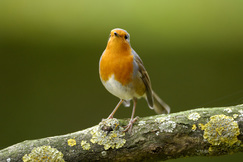 Ray Kennedy (rspb-images.com)
Ray Kennedy (rspb-images.com) The Dartington broadcast will be part of a listening event called a SoundCamp - one of several being held around the world to mark International Dawn Chorus Day. SoundCamps in the UK will be at Stave Hill Ecological Park, London; Piel View House, Furness Peninsula, Cumbria; Dartington Hall, Totnes, Devon and the Ulster Museum, Belfast. There will be others in New York, Chicago, Toronto, Italy, Slovenia, Estonia and Greece. Tony will also be leading listening walks, continuing a long Dartington tradition of outdoor listening, recording and sonic art.
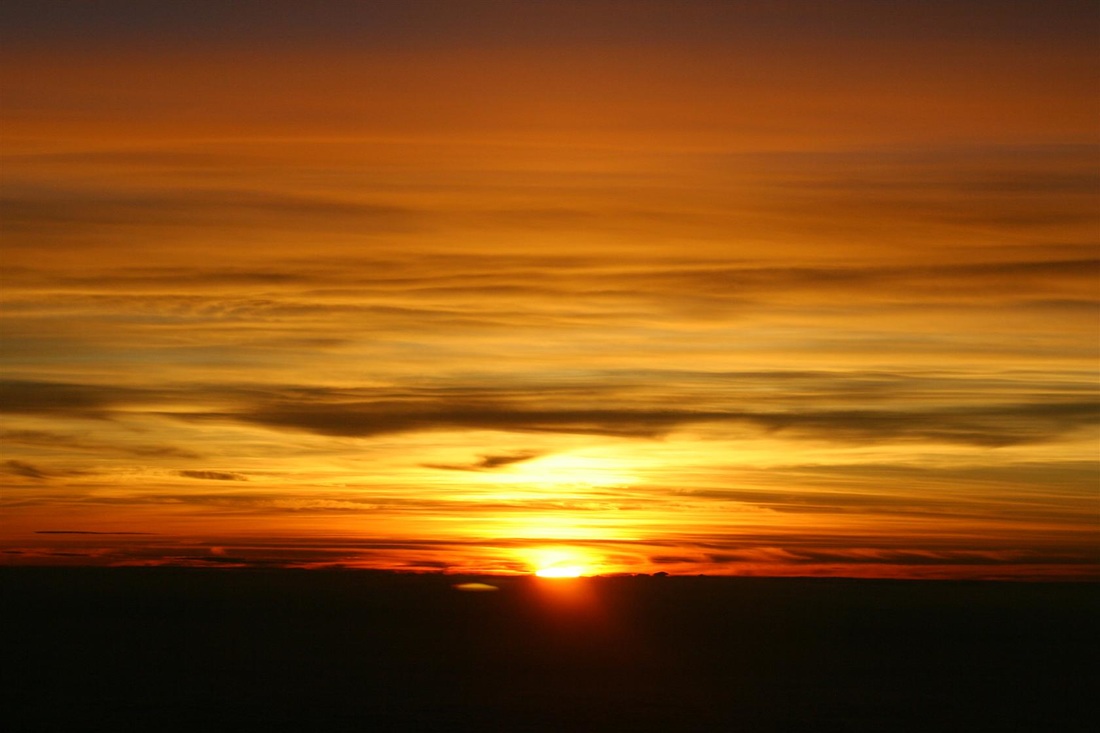
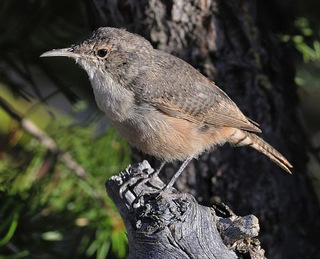

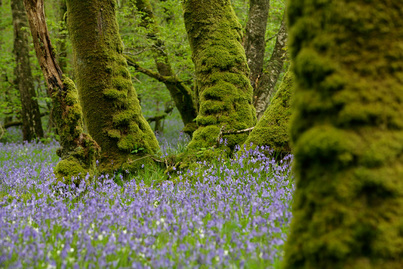
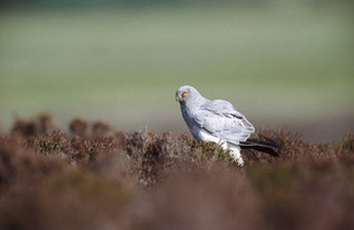
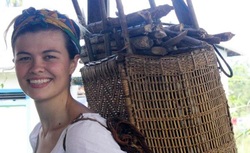
 RSS Feed
RSS Feed
